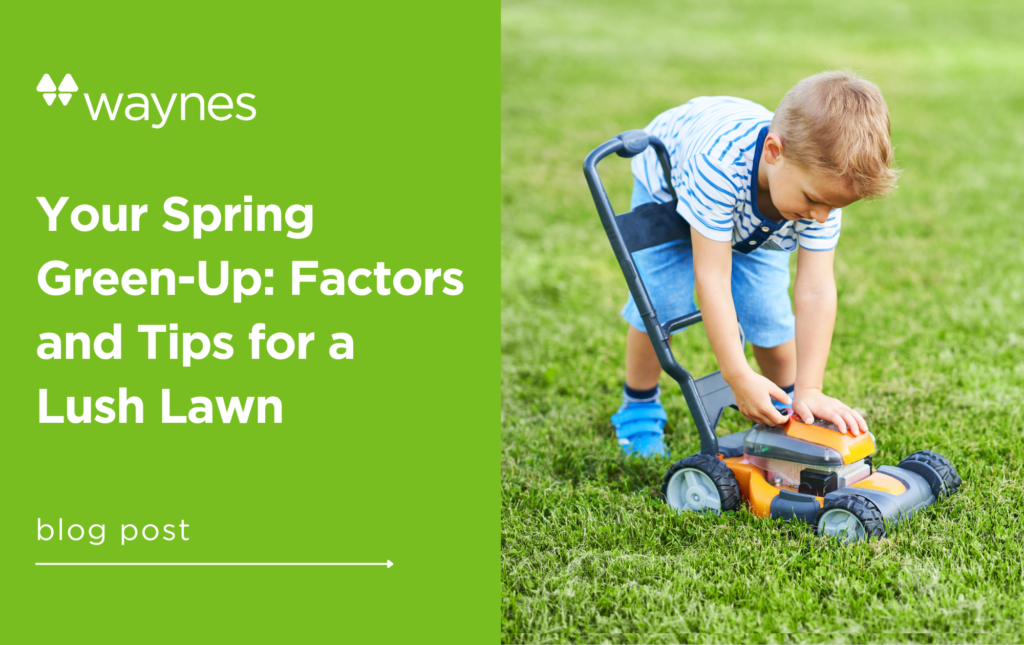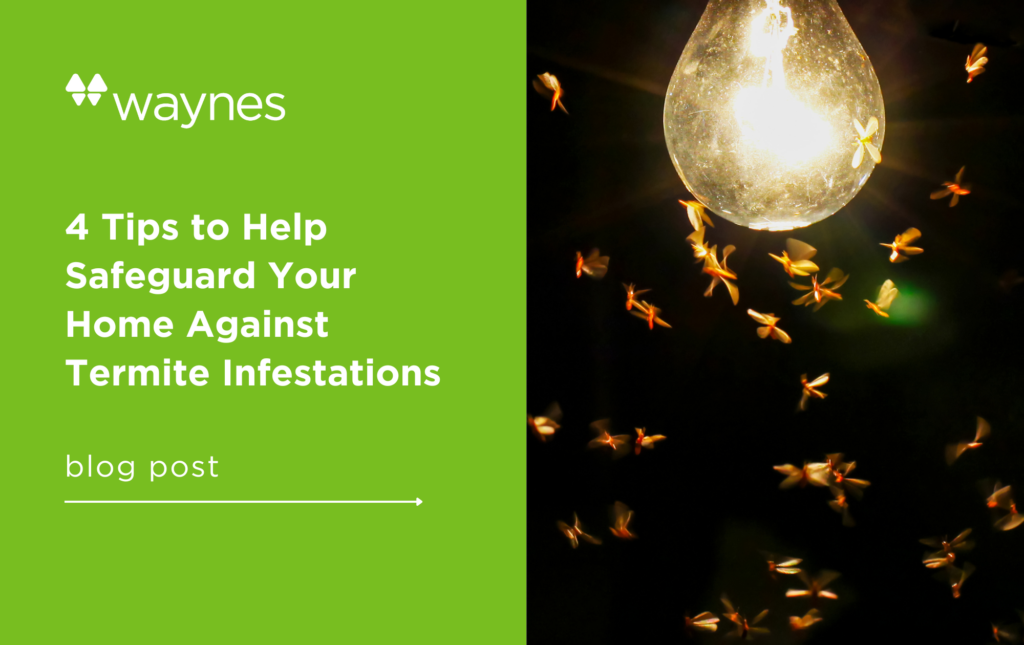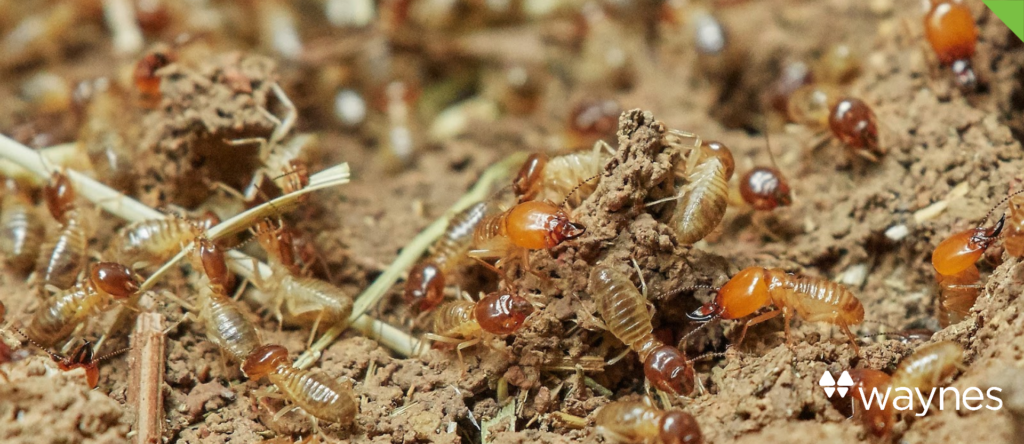When you hear scalping, you probably think of a haircut gone wrong. Well, scalping your lawn is not like that, and can be very beneficial. Spring green-up will be here before you know it, so it’s time to drag the old lawnmower out of the garage! Keep in mind, scalping is most suitable for Bermuda or Zoysia grass, so our Lawn Professionals don’t recommend doing it for other types.
What is Scalping?
Scalping is when you set your lawnmower as low as you can without the lawnmower blade digging into the soil. The setting varies by how level your lawn is, what type of mower you have, and the grass type. This ensures that you clip so low, you expose the stems of your blades of grass. Scalping a lawn is most suitable for Bermuda and Zoysia grasses because they are warm-season grasses. This means the grass is dormant during the winter, and active during the spring and summer.
Scalping benefits:
- Eliminates built-up thatch
- Helps protect against diseases
- Helps your lawn get more sunlight
- Speeds up the growing process
Warning, don’t scalp your lawn too early! The danger of a freeze must be behind you, otherwise, that delicate new lawn you’ve worked so hard to coax out of the ground will be damaged. The right time to scalp often varies by region. The best rule of thumb is after a hard freeze has passed, and before summer.
Scalping creates a good bit of debris so it is necessary to haul off all the old, dead plant material that is removed during the scalping process. It is very important you remove the clippings. Leaving them will defeat the purpose by blocking the sunlight and inviting diseases into your grass. This debris can come in handy if you have a compost pile, or you can have them sent to a city/commercially owned compost site.
What Next?
After scalping, it is best to mow your lawn once a week throughout the remaining spring and summer months. When the weather gets hot and dry, many homeowners tend to skip regular mowings because the grass is not growing enough. When you stop mowing, the grass stops growing and thins out. Adjust your mower height when it gets like this to just “trim” your lawn. This ensures you have a healthy, Lush Lawn, that holds moisture.
Read more about lawnmower maintenance and mowing!
Need Help with a Lush Lawn?
In need of some additional lawn tips and help? We have you covered at Waynes! Our Lawn Professionals have years of proven experience caring for thousands of lawns, and have the ability to resolve even the toughest of lawn problems. If you are looking for a lush, green lawn, call us at 866.WAYNES1 or visit our website Lawn Care!









